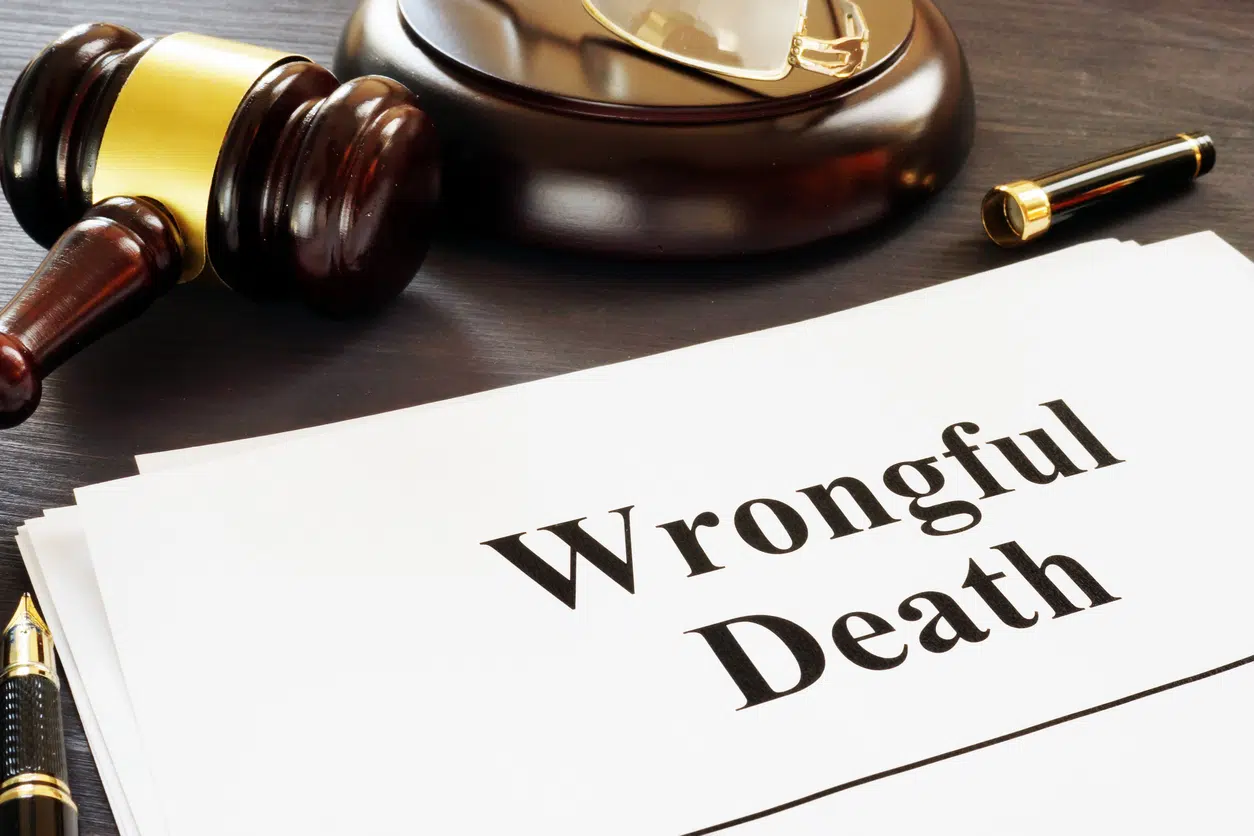Alejandro Figueroa | January 19, 2022 | Wrongful Death

The unexpected passing of a loved one doesn’t merely result in short-term pain. Depending on the circumstances, a loved one’s sudden death can leave you facing a range of struggles that may impact your life for years to come.
For example, perhaps you’ve lost a spouse who was your family’s main financial provider. This will seriously affect your life in many ways. Naturally, you’ll need to identify how you can make up for their lost wages while also attempting to maintain a degree of normalcy and stability. This can be quite challenging.
While money cannot replace your loved one or make up for the role they served in your life, you may be able to recover compensation for your losses after their death. You may do so by filing a wrongful death claim or lawsuit. However, you will have to prove your loved one would still be alive but for the negligence of another party.
Consult with an attorney as soon as possible if you believe you have reason to pursue a wrongful death case. Although the statute of limitations can vary from one state to another, it generally imposes a deadline on wrongful death suits. If you fail to meet this deadline, you will forfeit your right to compensation.
Wrongful Death Cases and the Statute of Limitations in Florida
Under Florida law, various individuals may be eligible for compensation for a wrongful death. They include the following:
- A surviving spouse
- Minor children
- Parents, in some instances
Florida law also establishes when someone has justification to file a wrongful death lawsuit. You can pursue compensation via a lawsuit if your loved one’s wrongful death was caused by negligence. You must also be able to show that, had your loved one survived their accident, they would have had justification to file a personal injury claim or lawsuit.
In Florida, the statute of limitations requires you to file a wrongful death claim within two years of your loved one’s passing. If you don’t file a claim by the deadline, you will not be able to pursue compensation. Failure to meet the deadline established by the statute of limitations is one reason a lawyer may decide not to take on your case.
How to File a Wrongful Death Claim or Lawsuit in Florida
The process of filing a wrongful death claim involves identifying the negligent party or parties responsible for your loved one’s passing. This may require a thorough investigation into their accident.
You must then gather sufficient evidence proving negligence. Additionally, you need to collect documentation illustrating the extent of your losses. When filing a claim, your goal is to minimize the insurance company’s ability to deny it or make unreasonably low settlement offers.
This is often very challenging to accomplish on your own. The process is complex, requiring you to complete a range of demanding tasks when you should be focusing on the needs of yourself and your loved ones. You’ll also need to be prepared for what may be a lengthy negotiation process with insurers.
You do not need to handle these tasks on your own. In fact, you shouldn’t. You typically have a stronger chance of recovering compensation in a Florida wrongful death case if you enlist the help of qualified attorneys. They can handle virtually all elements of your case on your behalf.
This doesn’t just give you the freedom to take care of yourself and your family after an unexpected passing. It also limits the odds that you’ll miss the deadline set by the statute of limitations.
Contact Our Personal Injury Law Firm in Tampa, FL
If you’ve been injured in an accident in Tampa, FL, and need legal help, contact our Tampa personal injury lawyers at Catania & Catania Injury Lawyers to schedule a free consultation.
Catania & Catania Injury Lawyers
Bank of America Plaza
101 E Kennedy Blvd #2400
Tampa, FL 33602
(813) 222-8656
We also provide legal assistance throughout the Tampa Bay Area including Clearwater, St. Petersburg, Sarasota, and Bradenton.

